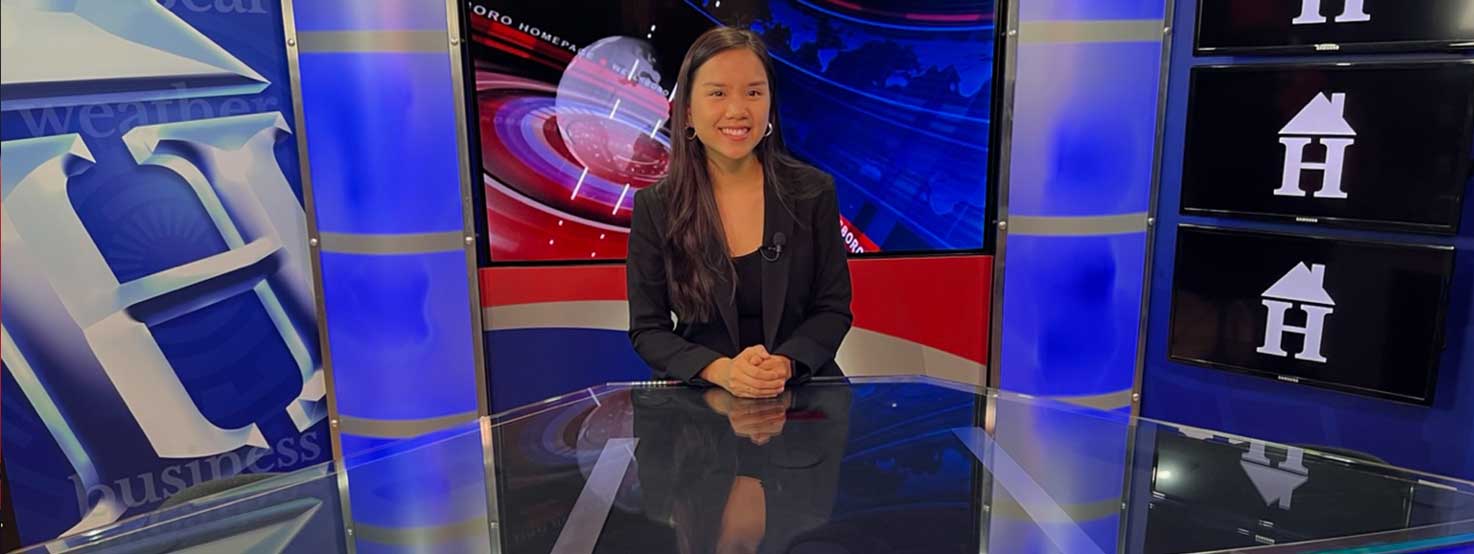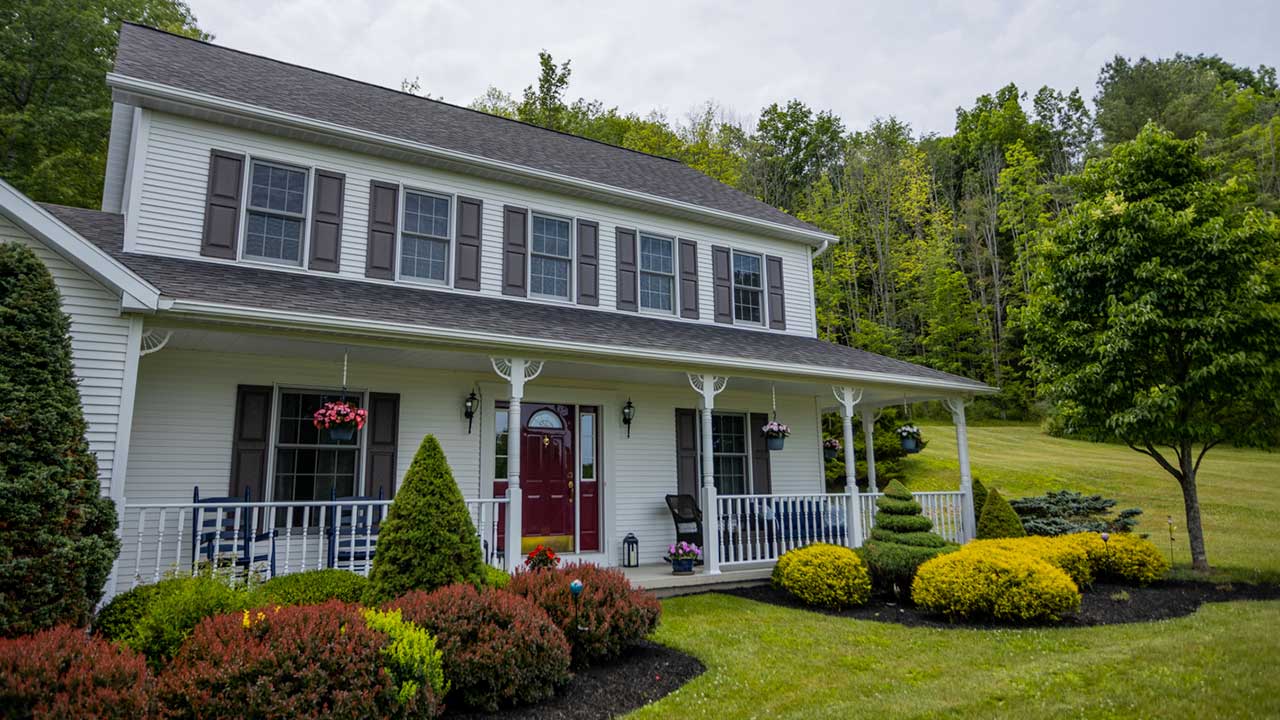Channels
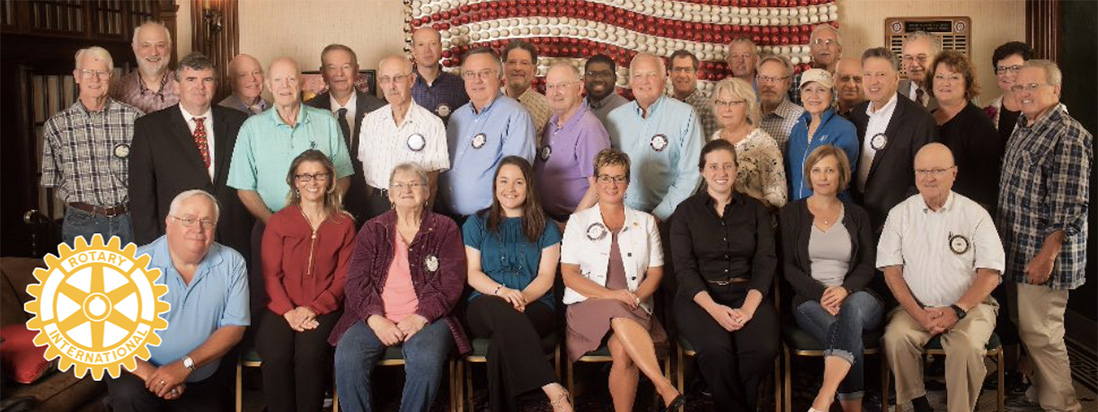
Rotary
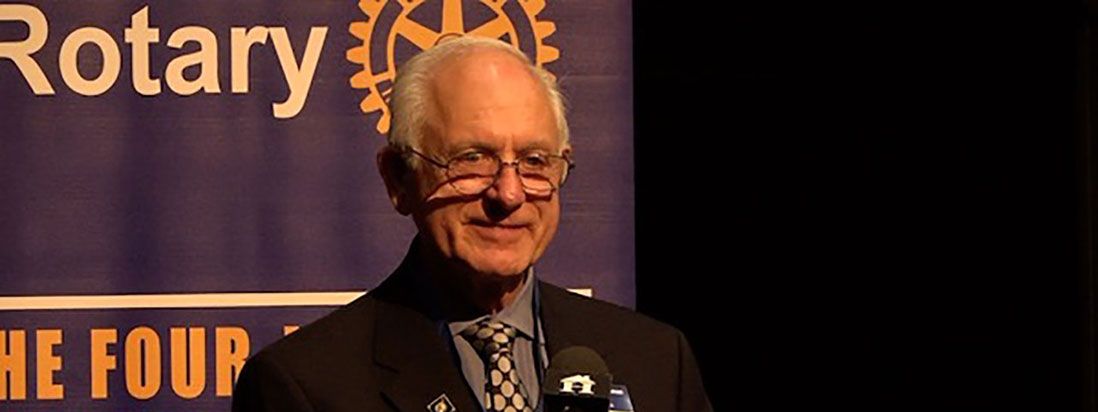
Rotary Conference

Laurel Health Centers
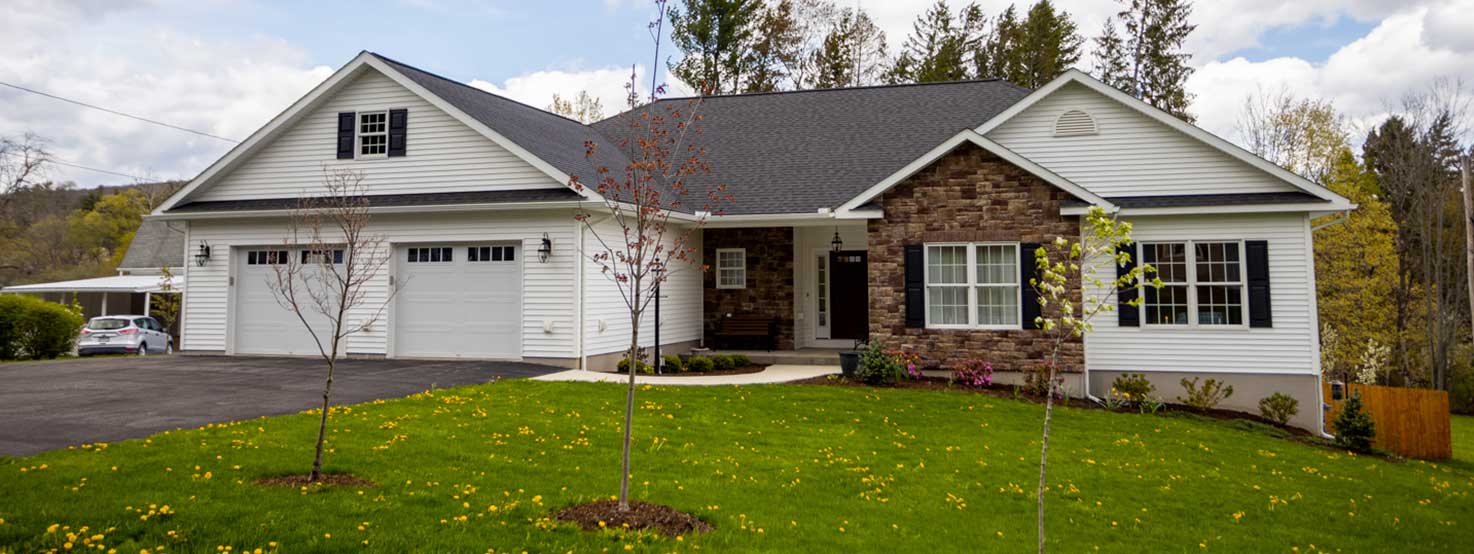
Penn Oak Realty

Movin Together
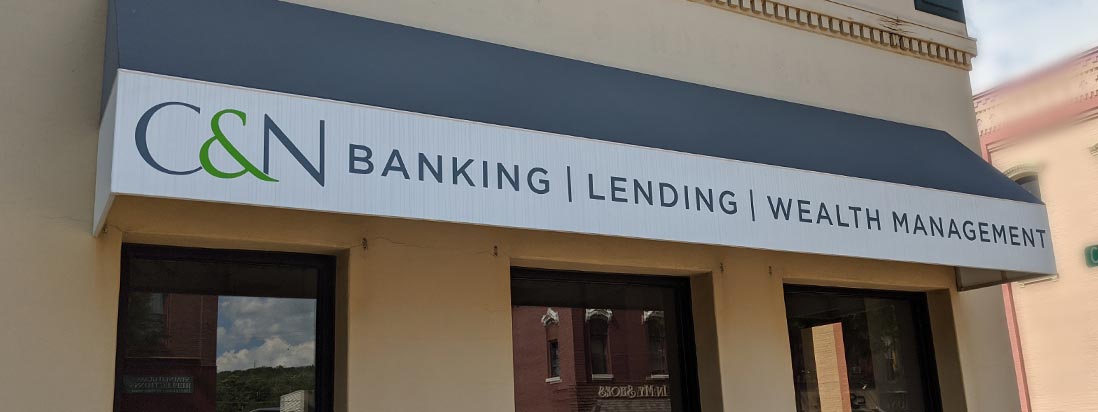
Bank On It
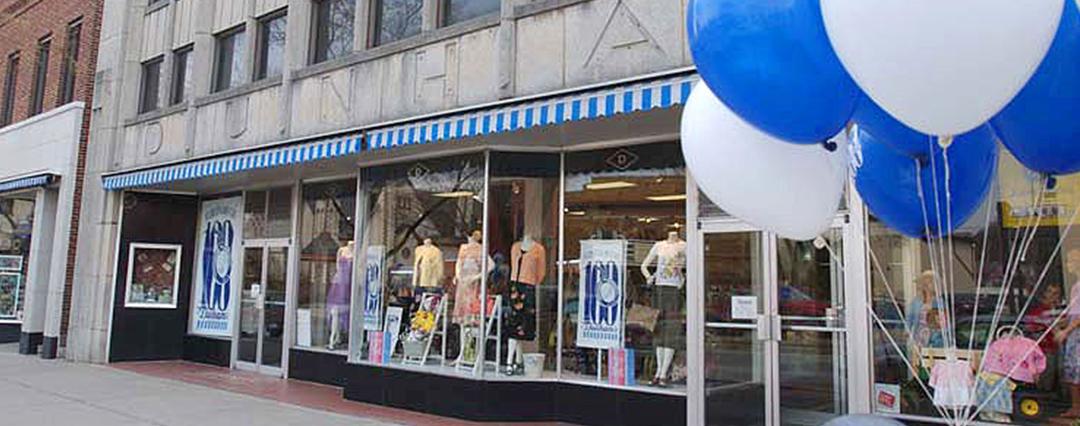
Dunhams Corner
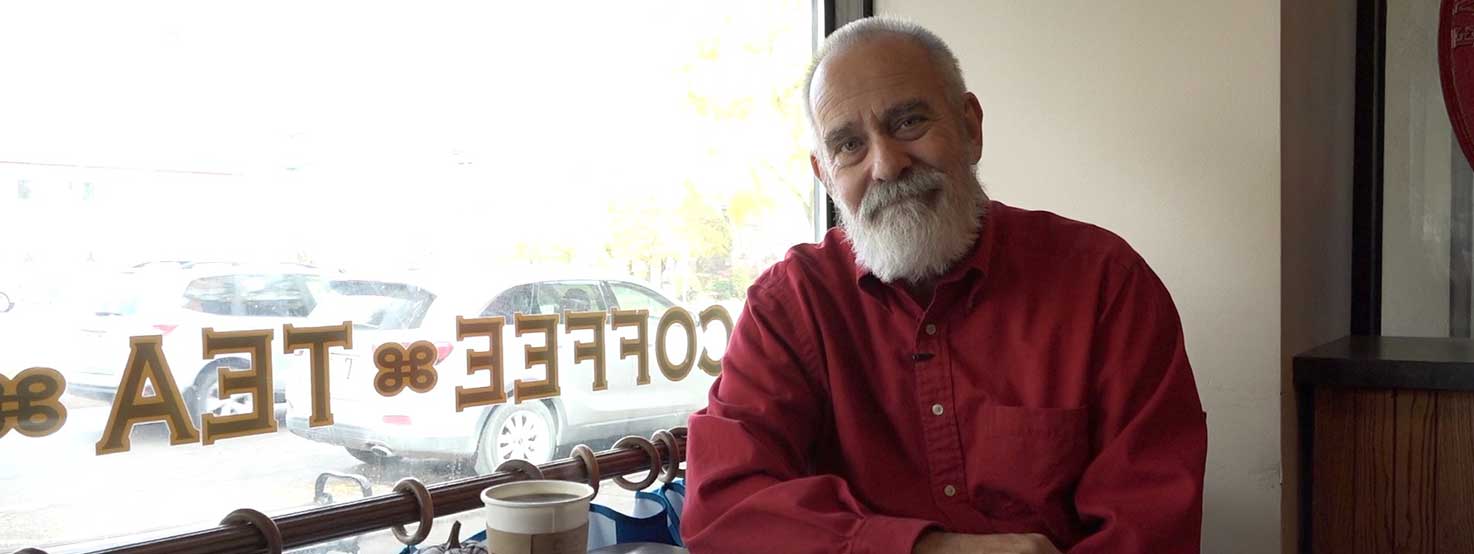
By The Door
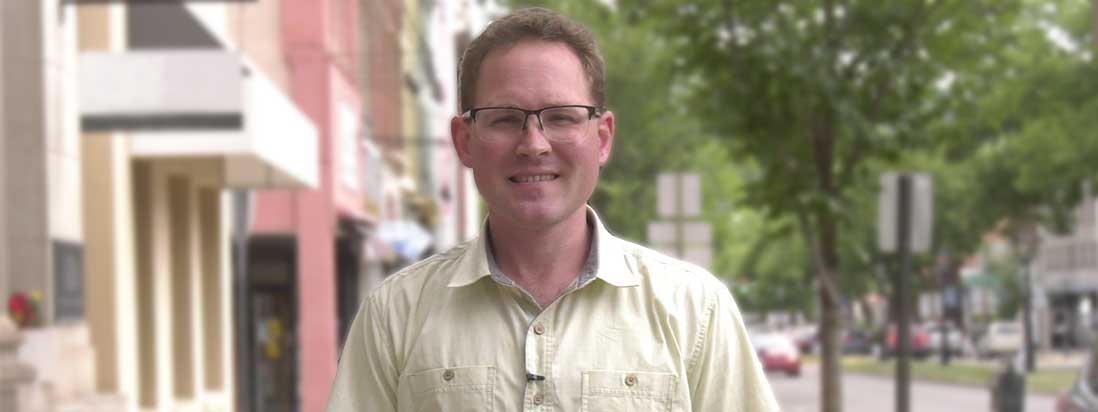
Questioning Life

Karschners Insurance
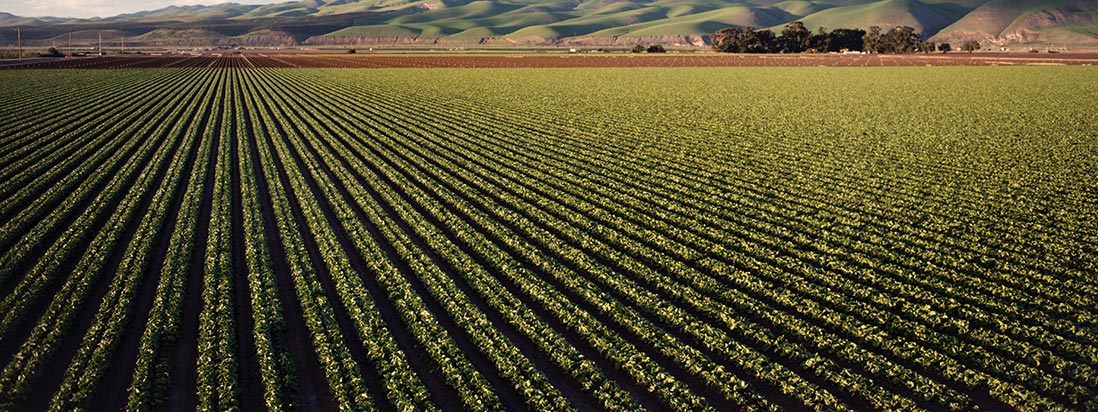
Ag Happenings

Back to Basics
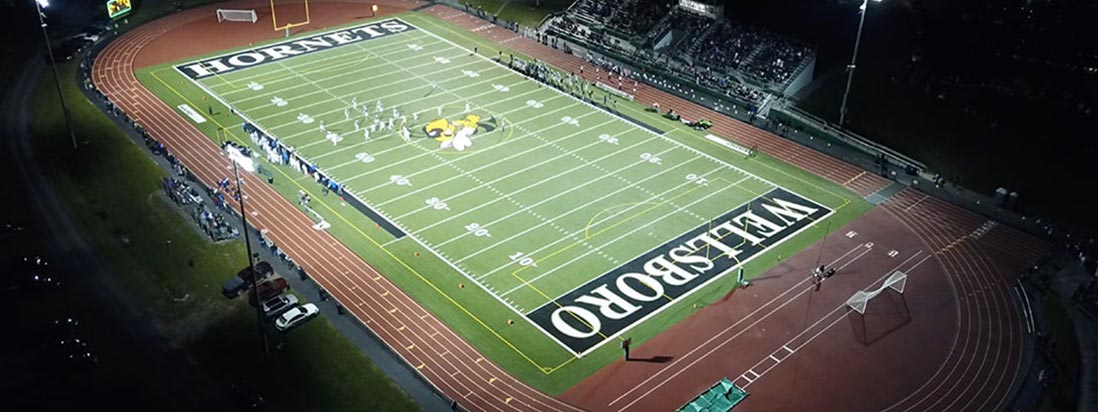
Hornet Happenings
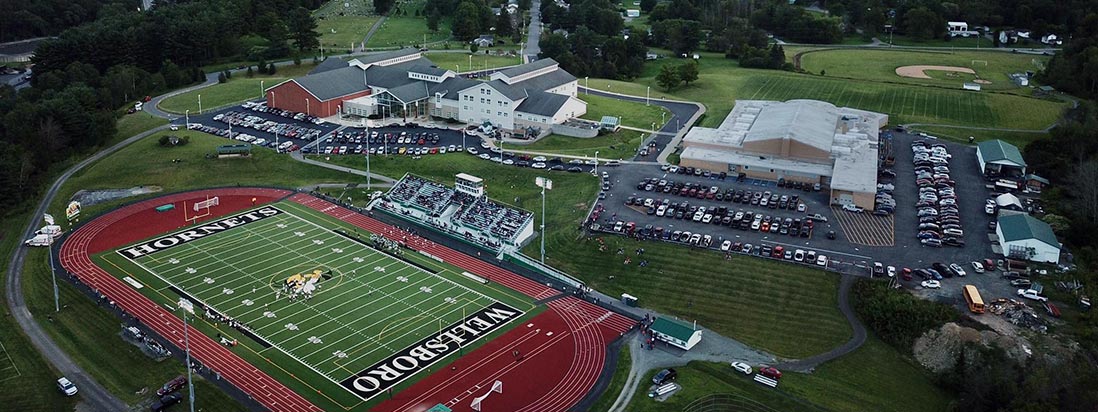
Live From The Hive
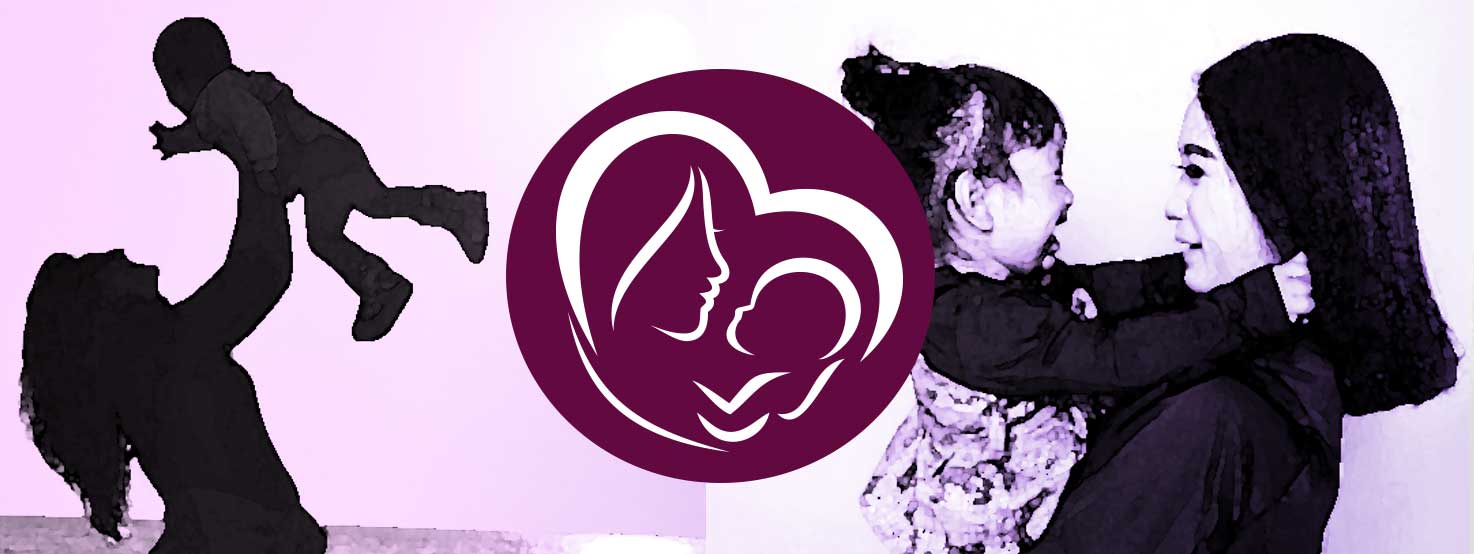
Momday Monday
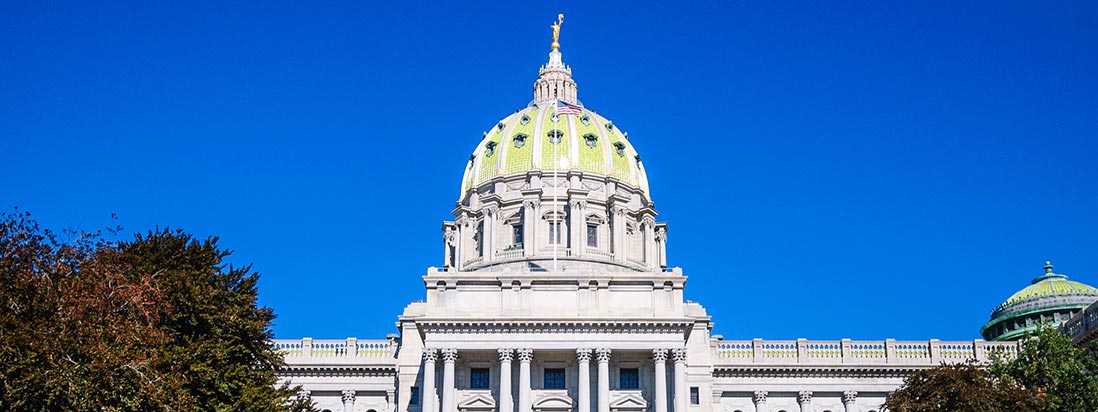
Pennsylvania Politics
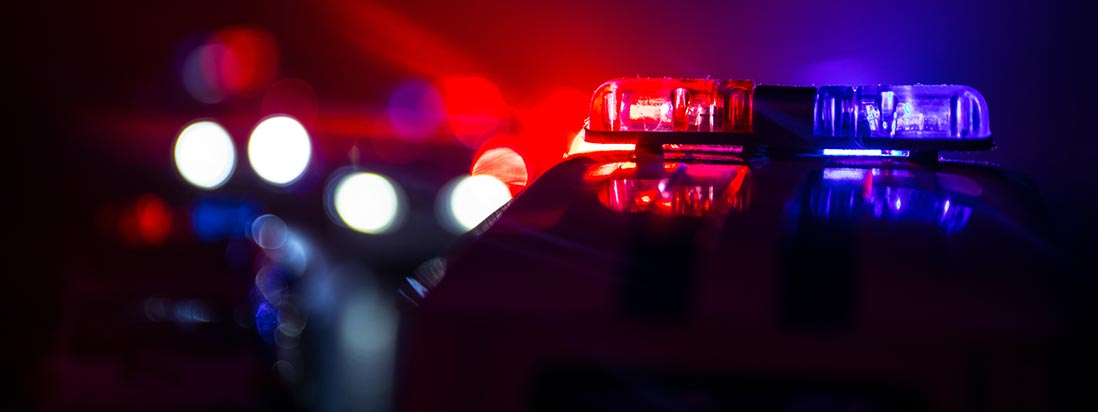
The Briefing

Weekly Highlights
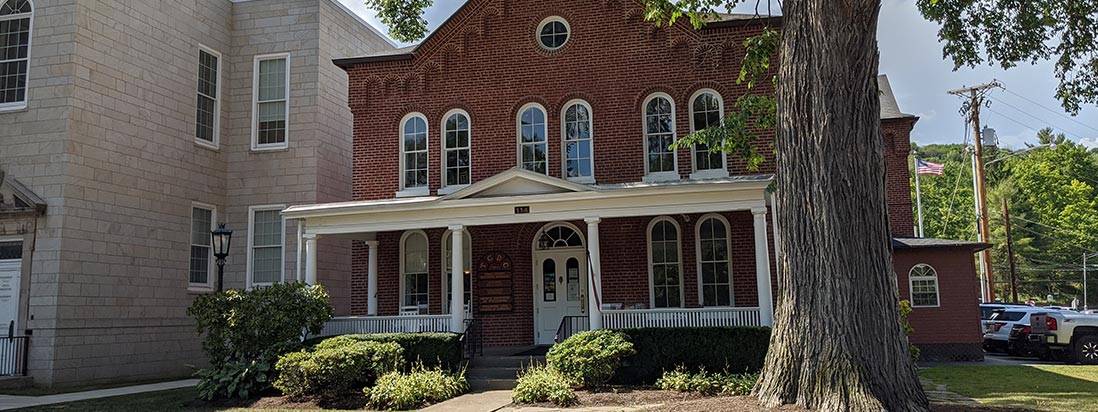
Wellsboro Chamber
NTSWA Explains How To Recycle Locally
Reduce, Reuse, and Recycle are three essential words when discussing the weightiness of our stewardship for the well-being of the planet we all enjoy.
On this broadcast, Home Page Vice-President Sara Vogt finds out how convenient and essential the third “R” mentioned above is by speaking with Leigh Towey, the Recycling, Safety & Education Coordinator of Northern Tier Solid Waste Authority.
Some of the questions and answers discussed on the broadcast are as follows:
Why is earth day so important?
I believe Earth Day is important because it is a good reminder that we need to be taking care of our environment and be conscientious about our choices and their impact on the Earth for future generations.
How important is the practice of recycling?
Recycling is crucial for so many reasons. Today we live in such a disposable society that we are throwing our natural resources away in the landfill, and unfortunately, many of these resources are non-renewable. By recycling, we at least can recover as many of these resources as possible and help conserve landfill space, which is constantly diminishing.
NTSWA operates an integrated waste system, which means we offer more than waste disposal services. At the Tiadaghton Area Transfer Station in Wellsboro, we can accept household waste, construction and demolition waste, tires, appliances, scrap metal, and residentially generated used motor oil and antifreeze. Our robust recycling program takes aluminum cans, brown, clear, and green glass, newspapers, magazines, mixed paper, tin cans, corrugated cardboard, and plastic bottles and containers.
NTSWA operates a source-separated recycling program, which means all commodities must be separate when recycled. Residents using the recycling center in Wellsboro or any of our other public drop-off locations will notice the compartments on the containers are labeled for the respective material that should be placed in there. Recyclables also need to be clean and free of food residue to be recycled.
Crushing plastics is unnecessary, but it certainly helps conserve space in our collection containers and trucks, allowing us to collect more! As far as plastic recycling goes, it is okay to leave the labels and caps on!
NTSWA’s end-use market for plastics recently changed because materials are being processed domestically rather than exported to China. We have to follow the processing mills’ guidelines, and we can only accept what they will take from us. We can only accept plastic containers such as bottles, jugs, jars, and tubs under our current guidelines. Residents should go by the shape of the container, not the “recycling symbol” or the # on the bottom. That symbol does not mean a package is recyclable. A simple rule to follow is that if you doubt that a container is recyclable, throw it out. This helps ensure we receive suitable quality plastics that are marketable and recyclable.
The corrugated cardboard recycled at the Tthiadaghton Area Transfer Station in Wellsboro needs to be less than 3 feet. If the cardboard box is larger than that, it will not feed into the compacting unit, and it will then block any other cardboard thrown in on top of it from entering the compacting unit.
What happens if I throw all of my recycling in the same bin?
If different recyclables are mixed, that means we will have to have to sort them manually. This is very time-consuming and costly. Unfortunately, when materials are not prepared correctly, they are more likely to end up in a landfill than be recycled. We have a saying in the recycling industry; “if materials are not properly prepared, they are still trash.”
You can find a more detailed version of NTSWA’s recycling guidelines on their website.
Credits:
Videography: Ethan Chabala
Video Editing: Andrew Moore
Writing: Sara Vogt, Leigh Twoey
Anchor: Sara Vogt
Guest(s): Leigh Twoey
Produced by Vogt Media
Home Page Sponsors: First Citizens Community Bank


